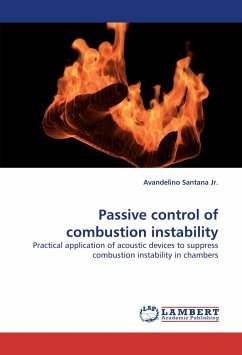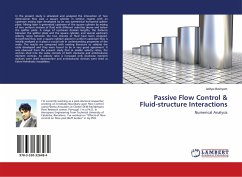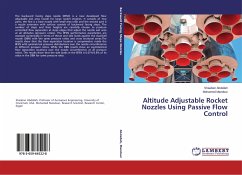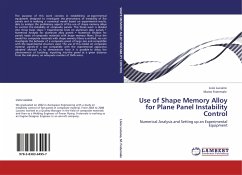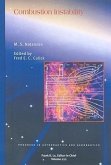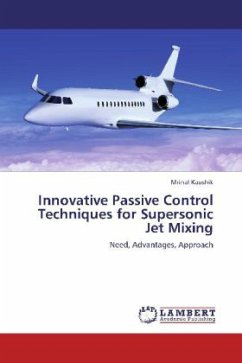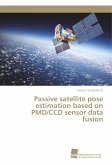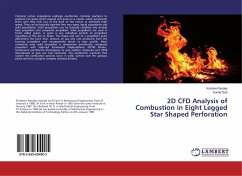Combustion instability problems have been experienced during nearly every rocket engine development program, characterized by pressure oscillations and release of energy. Several distinct types of instability have been observed, including the high frequency instability or acoustic instability, which is usually suppressed by means of passive control devices. The main purpose of this work was the experimental investigation of Helmholtz resonators and baffles to control acoustic instabilities in combustion chambers. Firstly, cold tests were carried out on full-scale model to analyze the efficiency of resonators. Experimental frequency spectrum data, in excellent agreement with theory, demonstrated the resonator is capable to reduce significantly the SPL amplitude. Afterwards, results of hot tests were compared with cold tests and with theory. The experimental data validated the methodology to design resonators useable to control combustion instabilities. This book provides a step-by-step procedure, which can be helpful to engineers and designers of liquid rocket engines, rocket motors and industrial burners, or anyone else who has already faced acoustic instability problems.
Bitte wählen Sie Ihr Anliegen aus.
Rechnungen
Retourenschein anfordern
Bestellstatus
Storno

